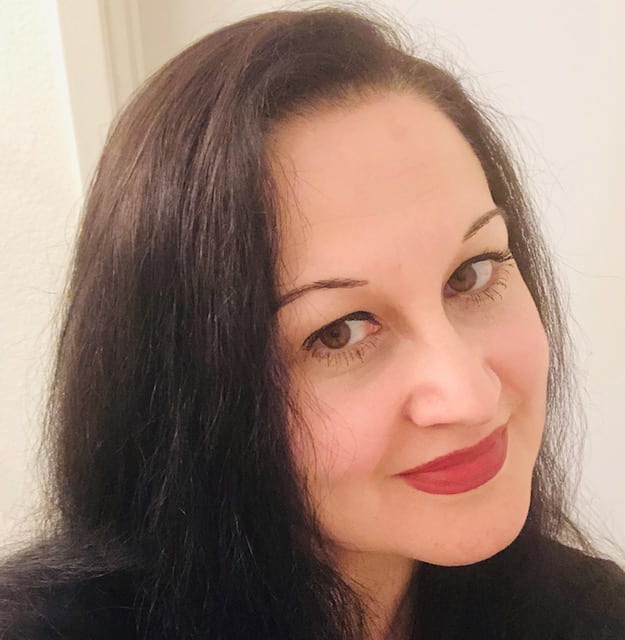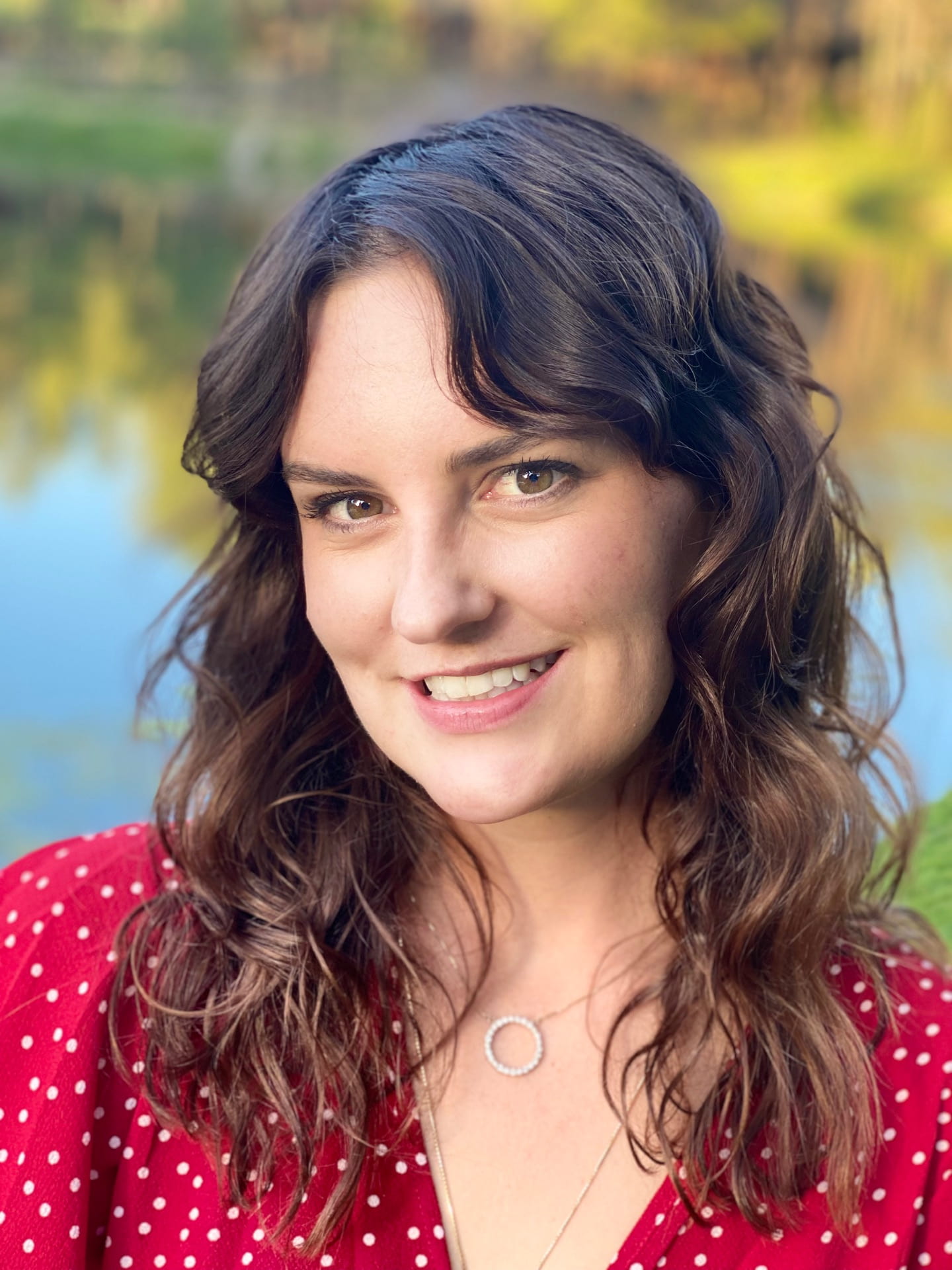People
Daniel M. GRoss
Campus Writing & Communication Coordinator
Daniel M. Gross is Professor of English and Affiliate Faculty in the Critical Theory Emphasis. His research in rhetoric runs along three tracks: writing and communication, history of the disciplines, and medical humanities. Book publications include The Cambridge History of Rhetoric, Volume 5: Modern Rhetoric after 1900, edited with Steven J. Mailloux and LuMing Mao (Cambridge University Press, 2025); Being-Moved: Rhetoric As the Art of Listening (University of California Press, 2020); Uncomfortable Situations: Emotion between Science and the Humanities (University of Chicago Press, 2017); Science and Emotions after 1945: A Transatlantic Perspective (University of Chicago Press, 2014), edited with Frank Biess; The Secret History of Emotion: From Aristotle’s Rhetoric to Modern Brain Science (University of Chicago Press, 2006). Heidegger and Rhetoric (State University of New York Press, 2005), edited with Ansgar Kemmann.

Patrick Bonczyk
Coordinator, Writing across the Curriculum & Writing in the Disciplines
A musicologist by training (PhD UCLA), Patrick works at the intersection of musical instruments and the history of science and technology. He was most recently Clinical Assistant Professor in NYU’s Expository Writing Program and has taught full-time in the writing programs at Princeton University and NYU Shanghai. At UC Irvine, he coordinates writing resources, individual faculty, and academic units. As WAC+WID Coordinator, Patrick oversees key programs, including the UCI Writing Pedagogy Certificate, a university-wide workshop series on teaching writing, a research program for graduate students engaged in IRB-approved writing pedagogy studies, a podcast on teaching writing and communication in higher-education, and a growing bank of digital teaching resources.


Iveta Cruse
Assistant to the Campus Writing & Communication Coordinator
MA, Sofia University St. Kliment Ohridski
Iveta started her administrative career at the University of California, Irvine in 2000. She graduated from Sofia University St. Kliment Ohridski in Bulgaria with a MA in Italian Language and Literature. She also attended courses at the University of Perugia, Italy. Her interests involve philological studies, linguistics, translations, and poetry.

Leah Senatro
Campus Writing & Communication GSR
Leah is an English PhD candidate at UCI working towards completing the Medical Humanities emphasis. Her research explores the rhetorical consequences of the body and sensorial experience as well as digital multimodal composition. She earned her bachelor’s degree in English and philosophy from Santa Clara University in 2019.

Emily Brauer Rogers
Writing Placement Coordinator
Emily Brauer Rogers is a Senior Lecturer in the Composition Program at UC Irvine as well as serving as the Writing Placement Coordinator. She has taught both upper and lower division writing for almost twenty years. She also served as the course director for Writing 39B (now Writing 50) and the Online and Instructional Technologies Coordinator for the Composition Program. In her role as Writing Placement Coordinator, she enjoys helping students find the best place to start their writing journey at UCI. She has developed two online writing courses for UC’s Online Education and previously worked as an Instructional Designer at UCI’s DLC. She received her Masters in Professional Writing from University of Southern California in playwriting and screenwriting.

